Macau: A Pearl on China’s Southern Coast
Related Articles: Macau: A Pearl on China’s Southern Coast
Introduction
In this auspicious occasion, we are delighted to delve into the intriguing topic related to Macau: A Pearl on China’s Southern Coast. Let’s weave interesting information and offer fresh perspectives to the readers.
Table of Content
Macau: A Pearl on China’s Southern Coast
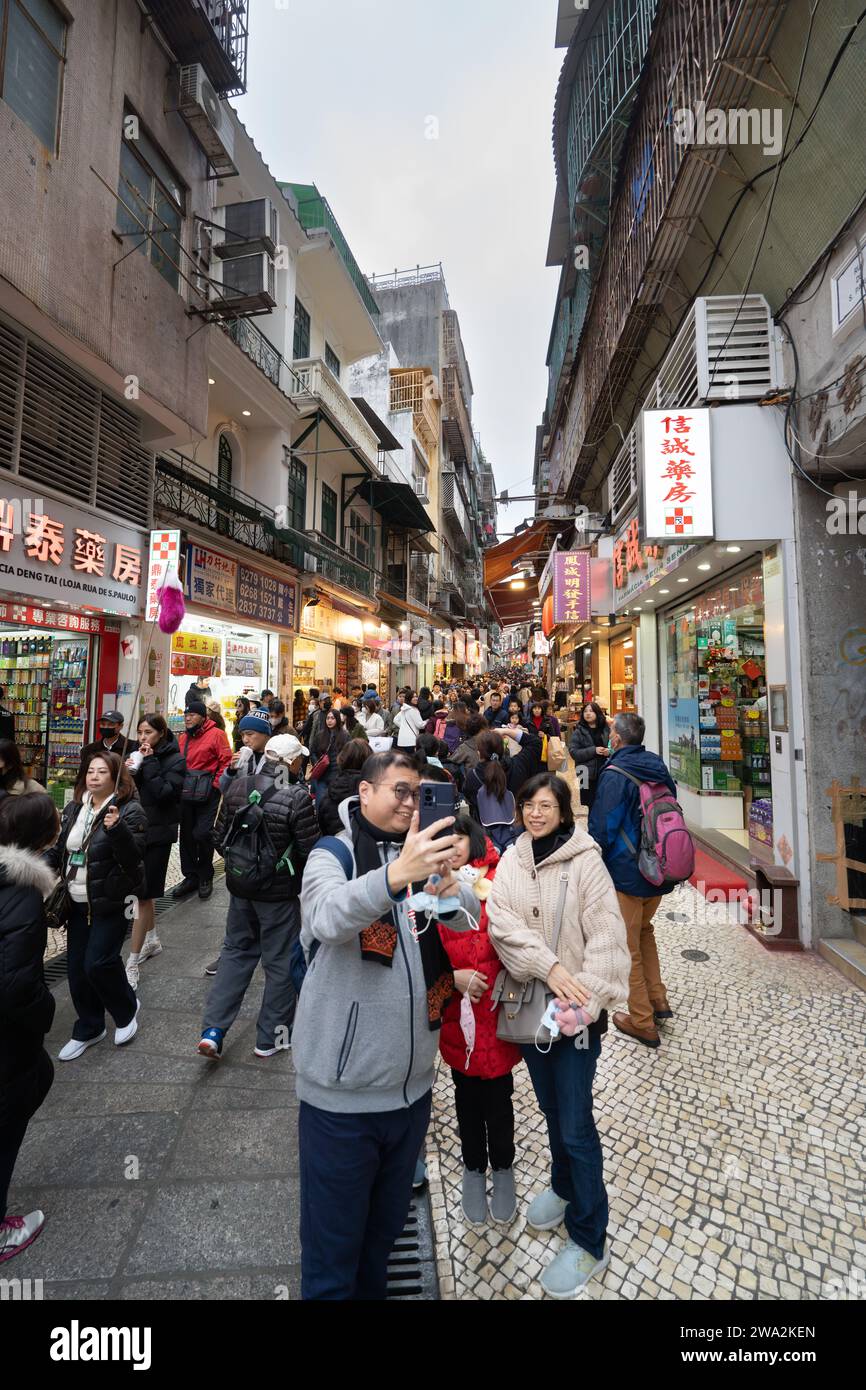
Macau, a Special Administrative Region (SAR) of the People’s Republic of China, occupies a unique position on the global map. Located on the southern coast of China, it sits across the Pearl River Delta from Hong Kong, forming a vibrant economic and cultural hub. Understanding Macau’s location on the China map is crucial to grasping its historical significance, economic prowess, and cultural identity.
A Glimpse into History:
Macau’s history is intertwined with the Portuguese Empire. In the 16th century, Portuguese traders secured permission to establish a trading post in Macau, marking the beginning of a long and complex relationship. For centuries, Macau served as a vital port for trade between Europe and Asia, becoming a melting pot of cultures and influences. In 1999, Macau returned to Chinese sovereignty under the "One Country, Two Systems" framework, preserving its unique social and economic systems.
Navigating the Map:
Macau’s location on the China map is strategically significant. It sits at the mouth of the Pearl River Delta, a region teeming with economic activity and home to major cities like Guangzhou and Shenzhen. This proximity to bustling commercial centers has contributed to Macau’s success as a global tourism and gaming destination.
Economic Powerhouse:
Macau’s economy is primarily driven by tourism and gaming. The region is renowned for its luxurious casinos, attracting millions of visitors annually. This thriving industry has propelled Macau to become the world’s largest gambling hub, generating substantial revenue and contributing significantly to China’s economic growth.
Cultural Tapestry:
Macau’s history as a Portuguese colony has left an indelible mark on its culture. The city boasts a unique blend of Chinese and Portuguese influences, evident in its architecture, cuisine, and traditions. From the iconic Senado Square with its Portuguese-style buildings to the vibrant A-Ma Temple dedicated to the Goddess of Seafarers, Macau offers a fascinating glimpse into its rich cultural heritage.
Beyond the Casino Floor:
While gaming remains a dominant force, Macau is actively diversifying its economy. The city is investing in infrastructure, promoting cultural events, and developing sectors like tourism, finance, and technology. This diversification strategy aims to attract a wider range of visitors and investors, further solidifying Macau’s position as a global hub.
Understanding Macau’s Importance:
Macau’s location on the China map signifies its pivotal role in the country’s economic development and international engagement. Its unique "One Country, Two Systems" framework serves as a model for regional autonomy and economic integration. Additionally, Macau’s cultural richness and diversity contribute to China’s global image, showcasing the country’s open and welcoming approach to the world.
Frequently Asked Questions:
Q: What is the official language of Macau?
A: The official languages of Macau are Portuguese and Chinese (Cantonese).
Q: Is Macau a part of China?
A: Yes, Macau is a Special Administrative Region (SAR) of the People’s Republic of China.
Q: What is the currency used in Macau?
A: The official currency of Macau is the Macanese pataca (MOP). However, Hong Kong dollars (HKD) are widely accepted.
Q: What are the main industries in Macau?
A: Macau’s main industries include tourism, gaming, finance, and light manufacturing.
Q: How can I get to Macau?
A: Macau can be reached by air, sea, or land. There are international airports in Macau and Hong Kong, as well as ferry services connecting Macau to mainland China and Hong Kong.
Tips for Visiting Macau:
- Plan your trip in advance: Book flights, accommodation, and activities well ahead of time, especially during peak season.
- Learn a few basic Cantonese phrases: This will enhance your interactions with locals and enrich your experience.
- Explore beyond the casinos: Macau offers a wealth of cultural attractions, historical sites, and culinary delights.
- Bargain for souvenirs: Local markets offer a wide range of souvenirs, and bargaining is expected.
- Respect local customs and traditions: Dress modestly when visiting temples and other religious sites.
Conclusion:
Macau’s unique position on the China map reflects its historical significance, economic prowess, and cultural diversity. As a Special Administrative Region, it serves as a bridge between mainland China and the world, promoting economic growth, cultural exchange, and regional stability. Understanding Macau’s role on the China map provides valuable insights into the country’s evolving economic landscape and its commitment to fostering a vibrant and interconnected global community.
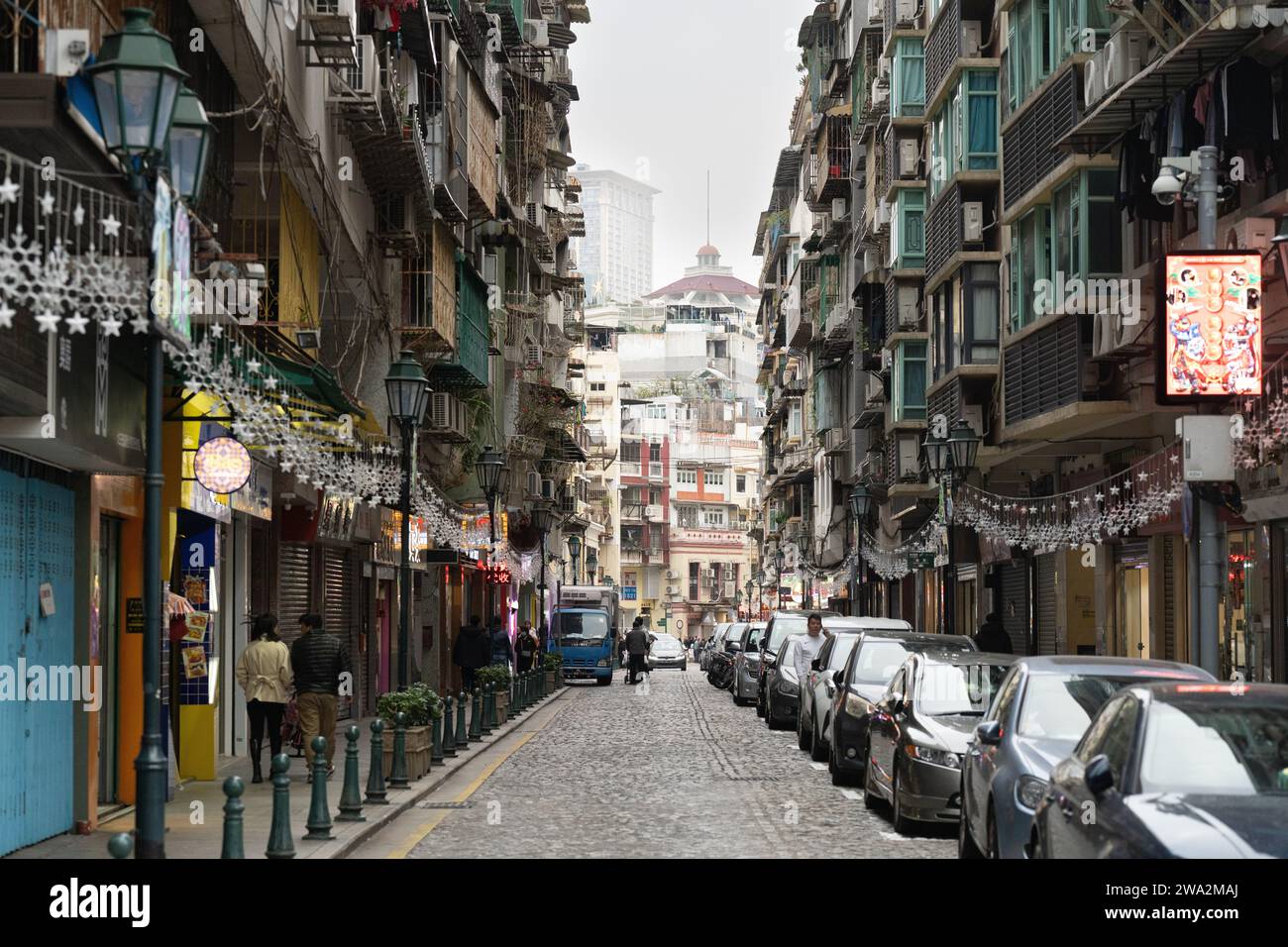
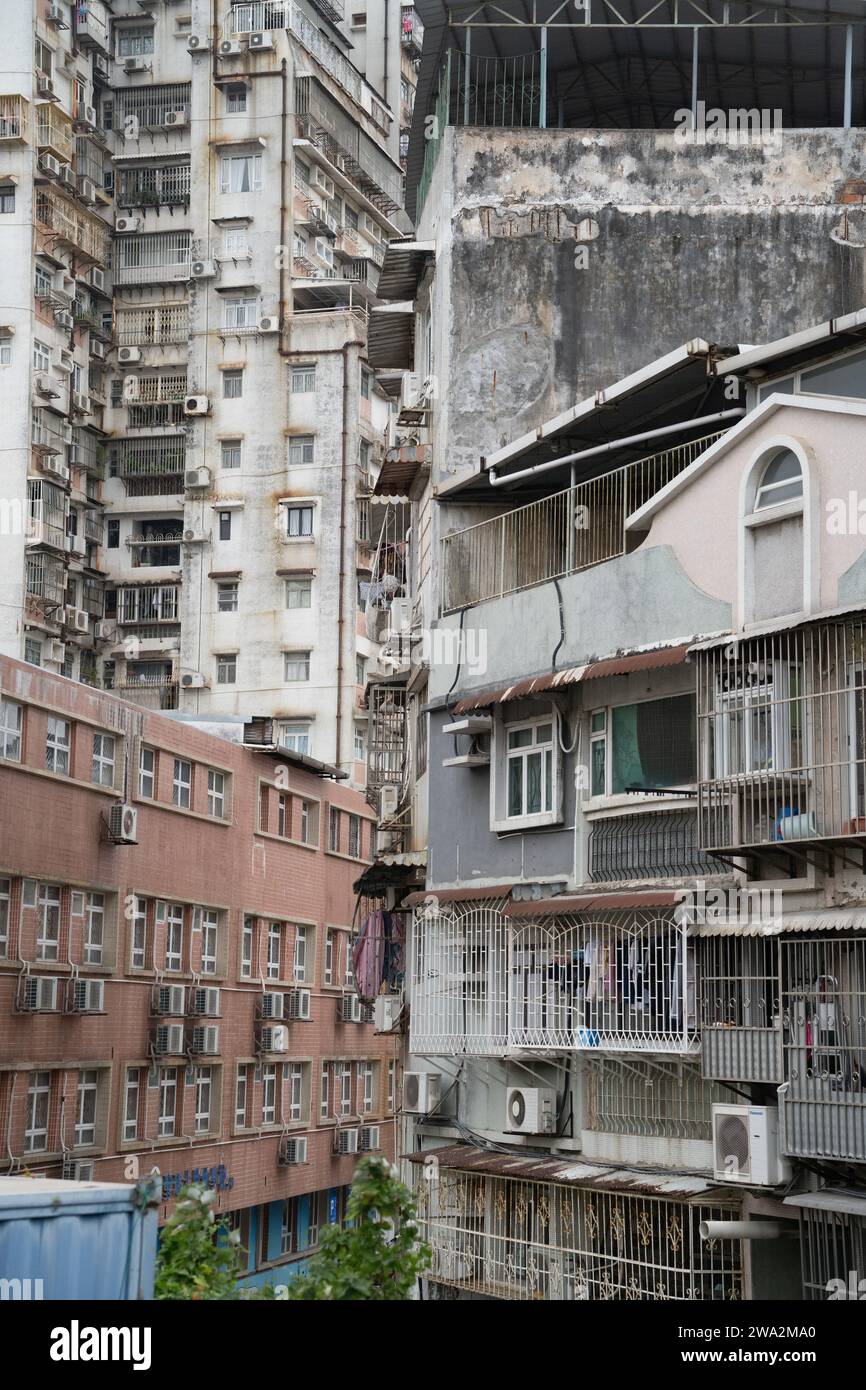
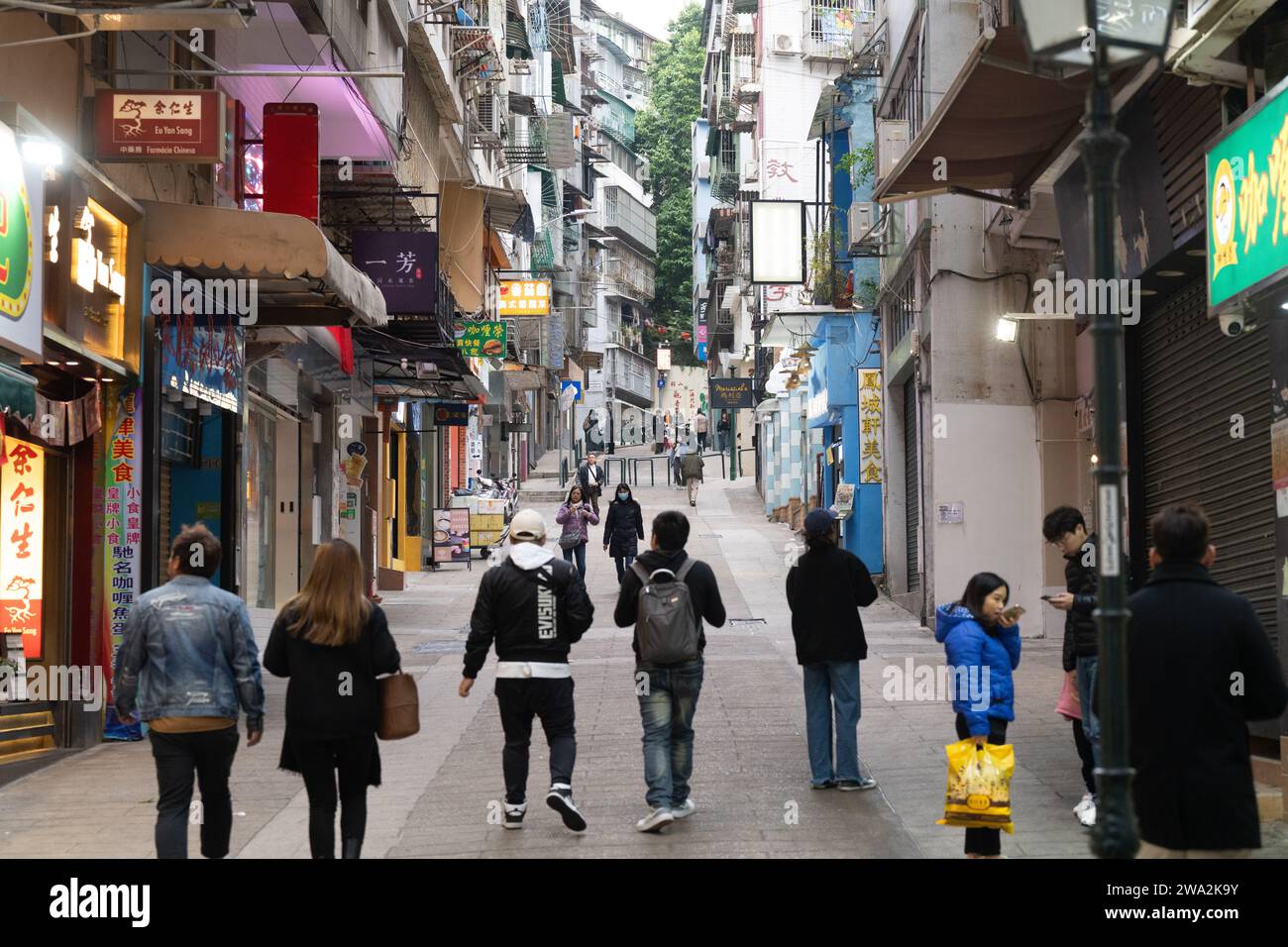

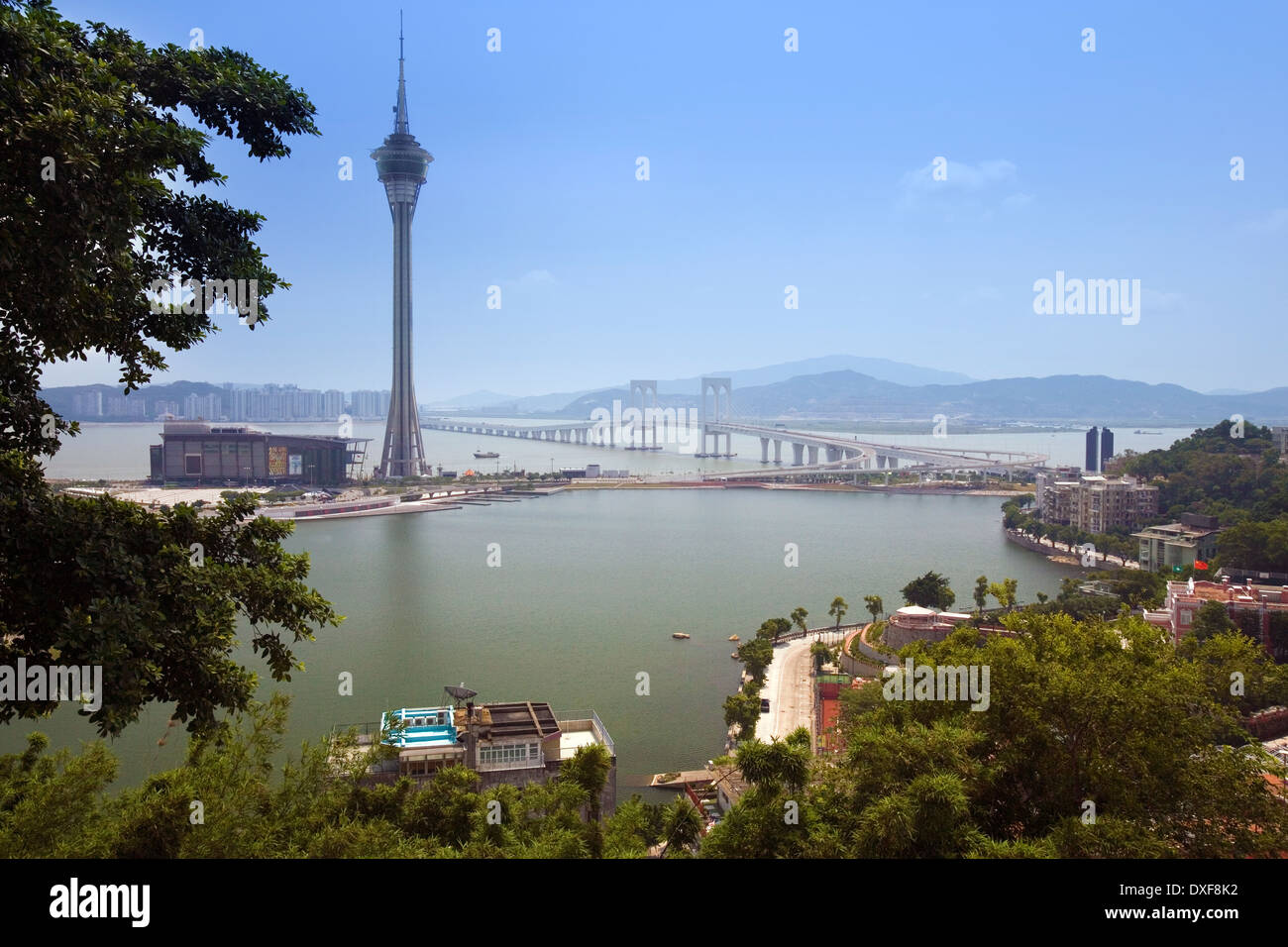

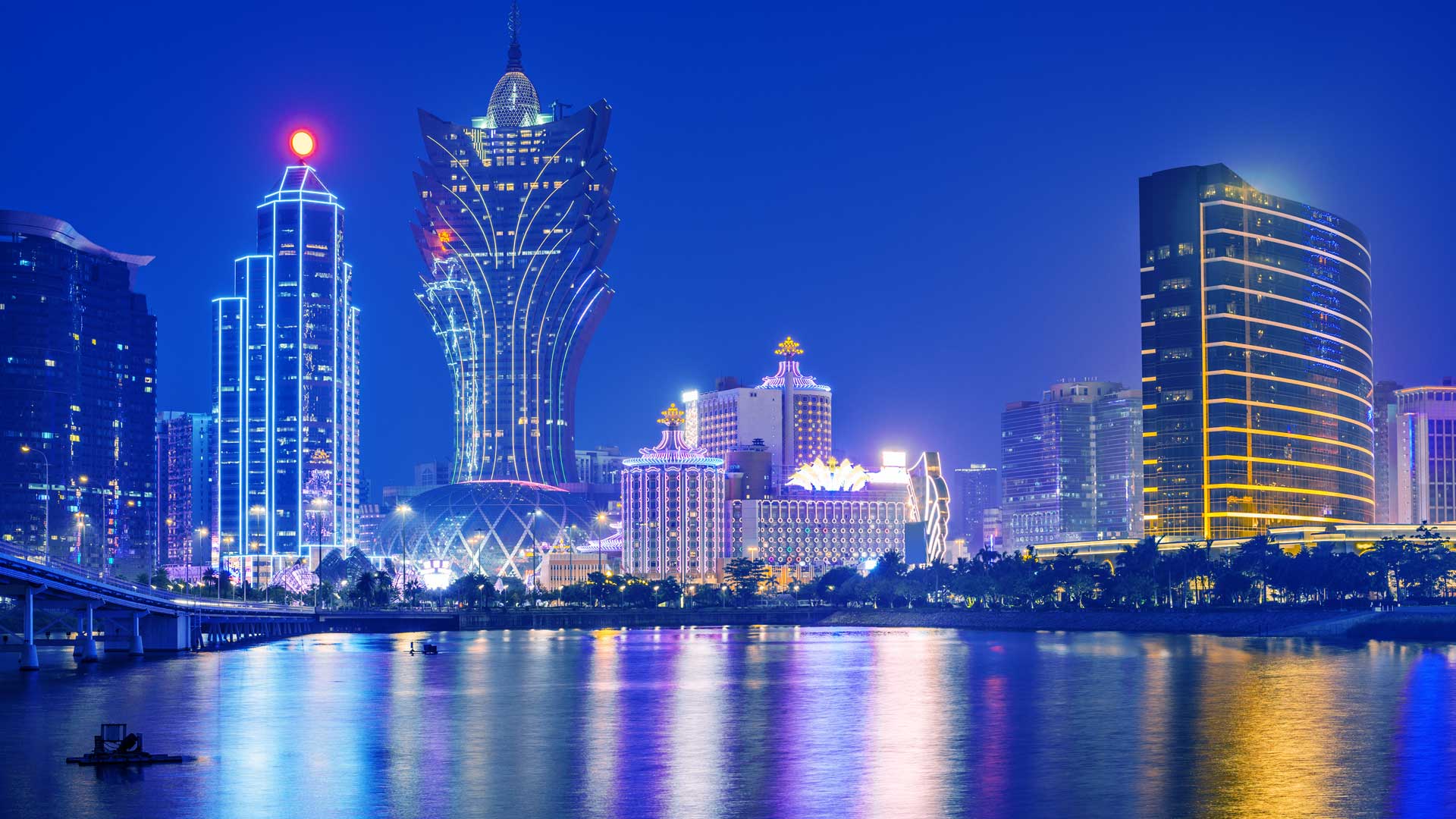
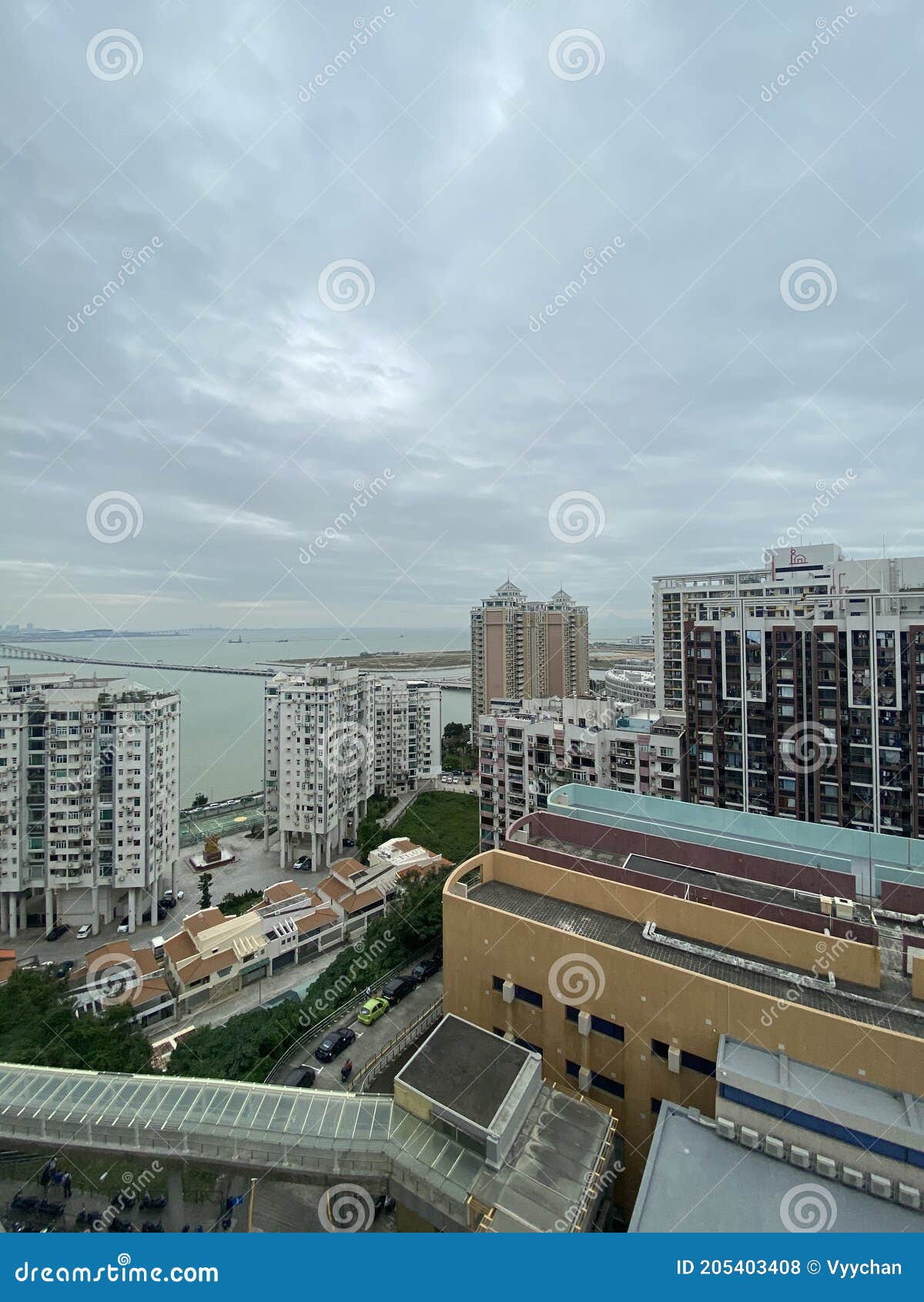
Closure
Thus, we hope this article has provided valuable insights into Macau: A Pearl on China’s Southern Coast. We thank you for taking the time to read this article. See you in our next article!